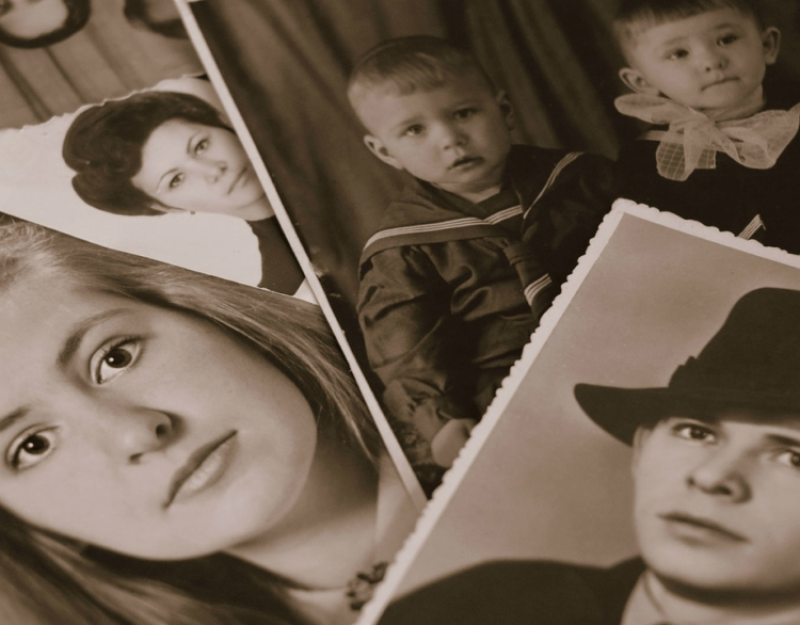As a postdoctoral researcher at Stanford University, Kristen Fortney used bioinformatics to study the genetics of supercentenarians — people who live to the age of 110 and beyond. Now she is at the forefront of biotech efforts to turn longevity science knowledge into medicine. As CEO and co-founder of BioAge, a clinical stage biotech developing a pipeline of treatments to extend healthy lifespan by targeting molecular causes of aging, Fortney is working directly on a biological challenge that has attracted some of the biggest minds, and deepest pockets, in the world.
Fortney says to address the greatest number of people through medical innovation, aging is a good target.
BioAge takes a “human data first” approach to understanding aging, learning about the underlying mechanisms of healthy longevity from humans who are already aging well. People age at different rates — some die of an age-related disease in their 50s and 60s, whereas others live into their 90s and beyond in good health. We use AI and machine learning to analyze the distinctive molecular features of people who live the healthiest, longest lives, and then use that knowledge to develop therapies that could help everyone age more successfully.































